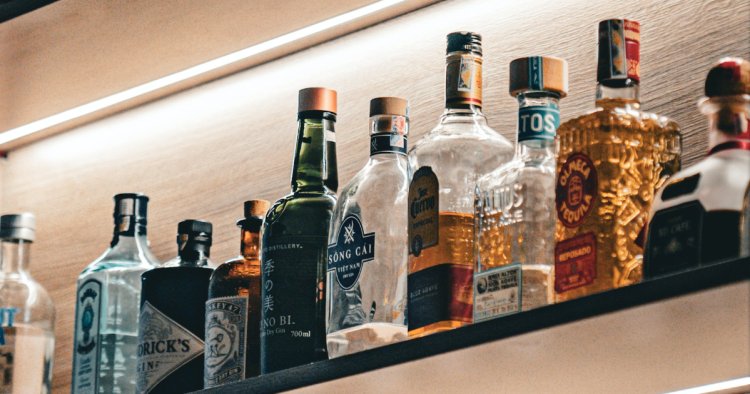Federal Lawsuit Challenges Ban on At-Home Distilling
A new lawsuit argues that the federal ban on at-home distilling, which was put in place during Prohibition, violates the U.S. Constitution.
Earlier this month, the Hobby Distiller Association, an organization with over 1,300 members represented by the Competitive Enterprise Institute, filed a federal lawsuit against the Alcohol and Tobacco Tax and Trade Bureau and Department of Justice over their ban on at-home distilling.
According to CEI’s General Counsel Dan Greenberg, the ban is not just “bad policy,” it’s “inconsistent with a proper view of the limited government constraints of the Constitution.”
“The Constitution created a Federal Government of limited and enumerated powers,” the lawsuit states. “The at-home distilling ban is beyond all of the powers of Congress to enact under the Constitution.”
While homebrewing was legalized in 1978 by President Jimmy Carter, home distilling remained illegal, according to the Smithsonian. The lawsuit argues that Congress does not possess the authority to regulate interstate commerce, as it operates locally, nor does the federal government possess taxing power over it as it “raises no revenue.”
“The interstate sales of beer and wine are regulated in much the same way as the interstate sales of distilled beverage alcohol are regulated, but beer and wine can lawfully be produced at home under federal law,” it states.
The TTB writes on their website that distilling alcohol at home carries consequences of up to five years in prison or up to a $10,000 fine.
“While individuals of legal drinking age may produce wine or beer at home for personal or family use, Federal law strictly prohibits individuals from producing distilled spirits at home,” the website states.
Greenberg said the ban is “somewhere between 100 and 150 years old” and is part of a federal tax collecting statute, which appears “completely unrelated to the legitimate use of the powers of the federal government.”
“It’s perfectly legal to distill beverage alcohol in some circumstances, as long as you don’t do it on your home property,” he said. “And it’s perfectly legal to distill fuel alcohol on your home property, in some circumstances, as long as you have a permit … the product that is produced with respect to fuel alcohol and beverage alcohol are chemically identical.”
Scroll down to leave a comment and share your thoughts.


Leave a Comment